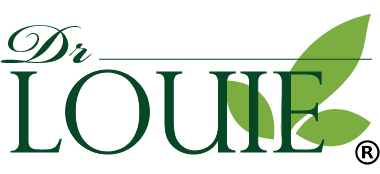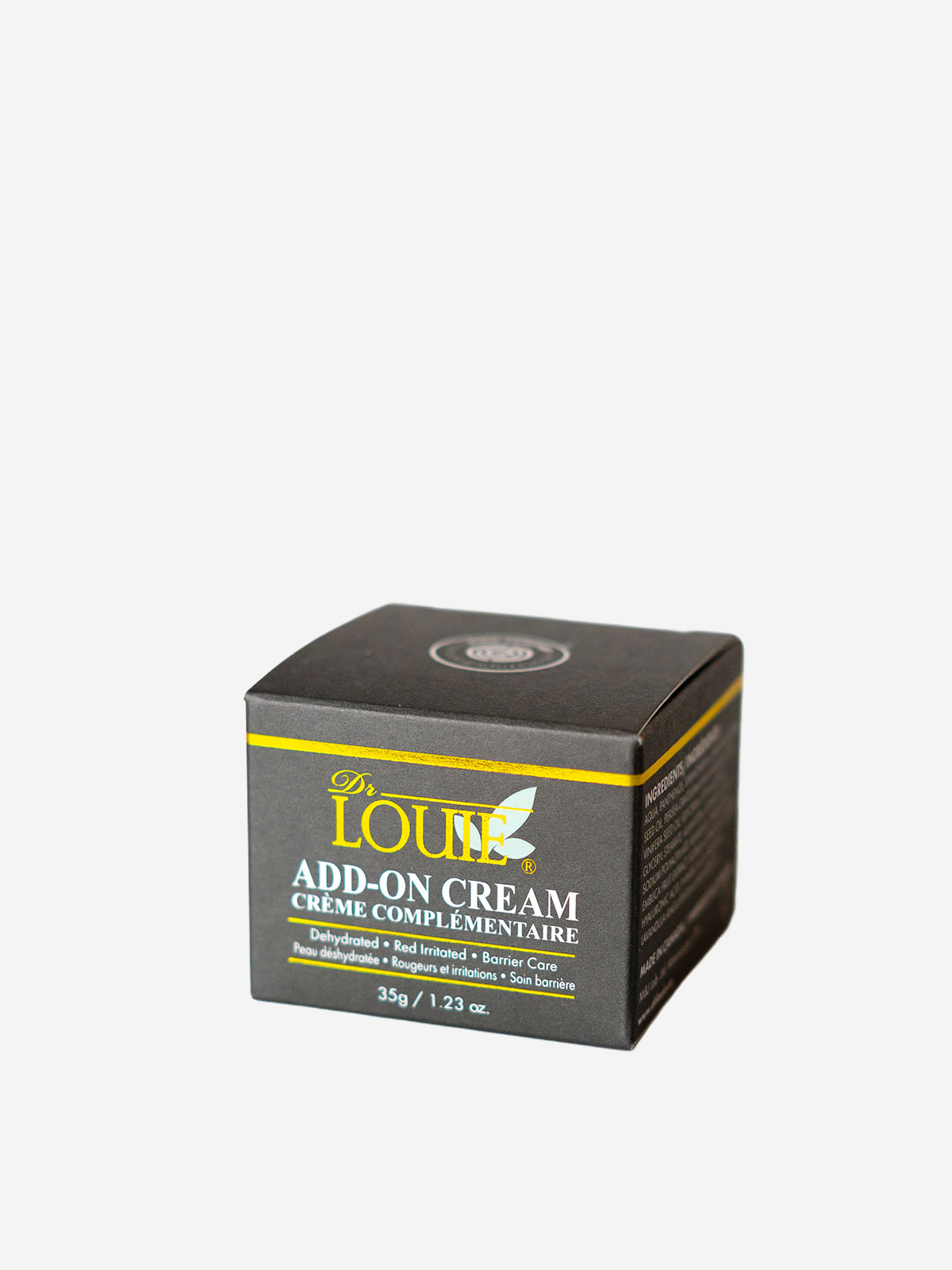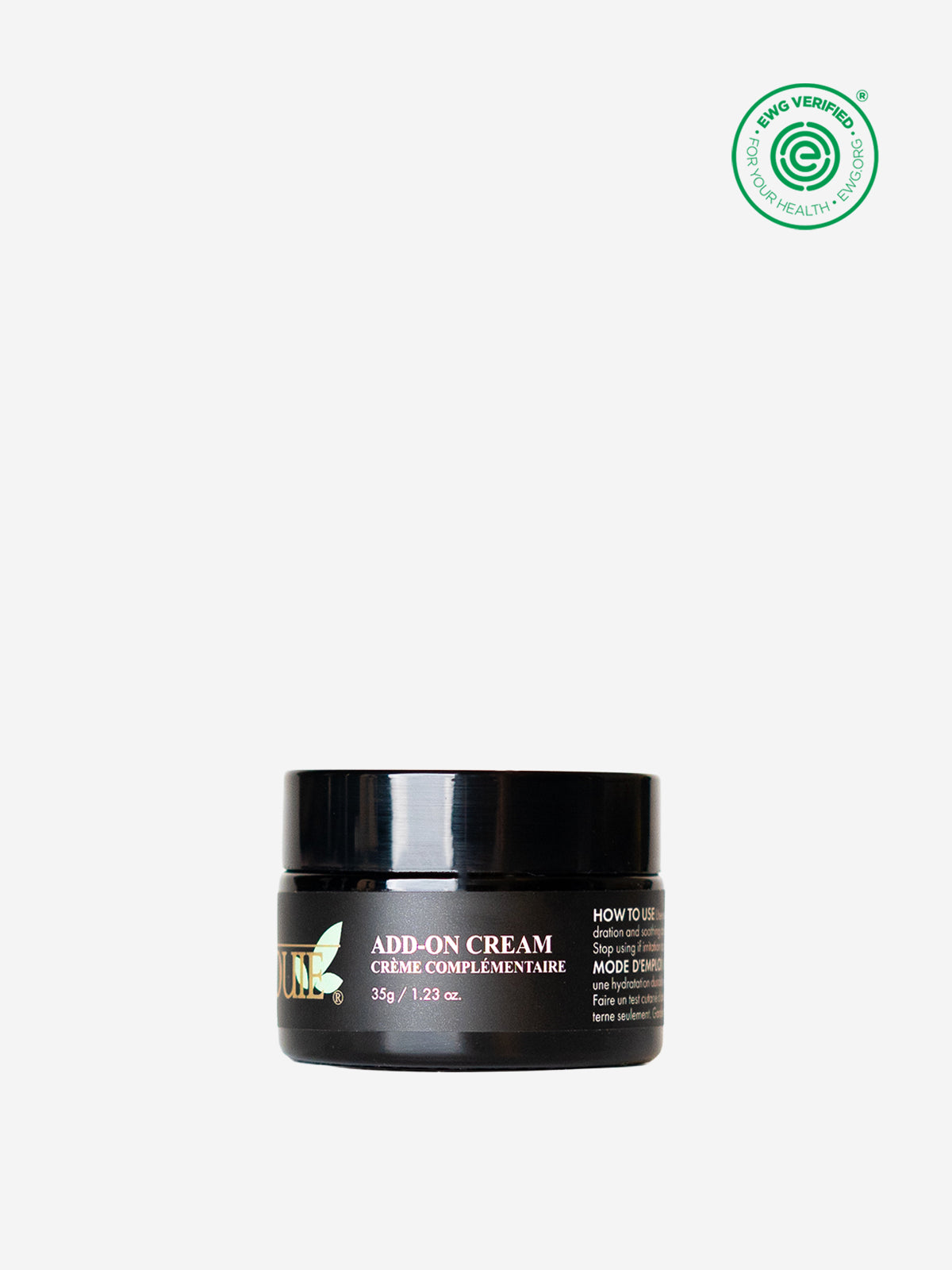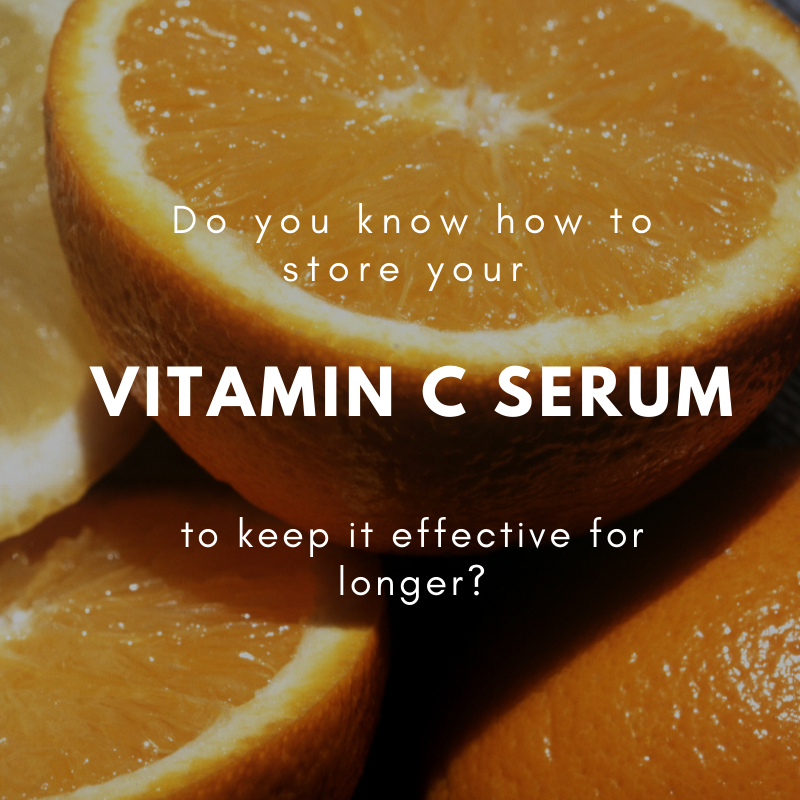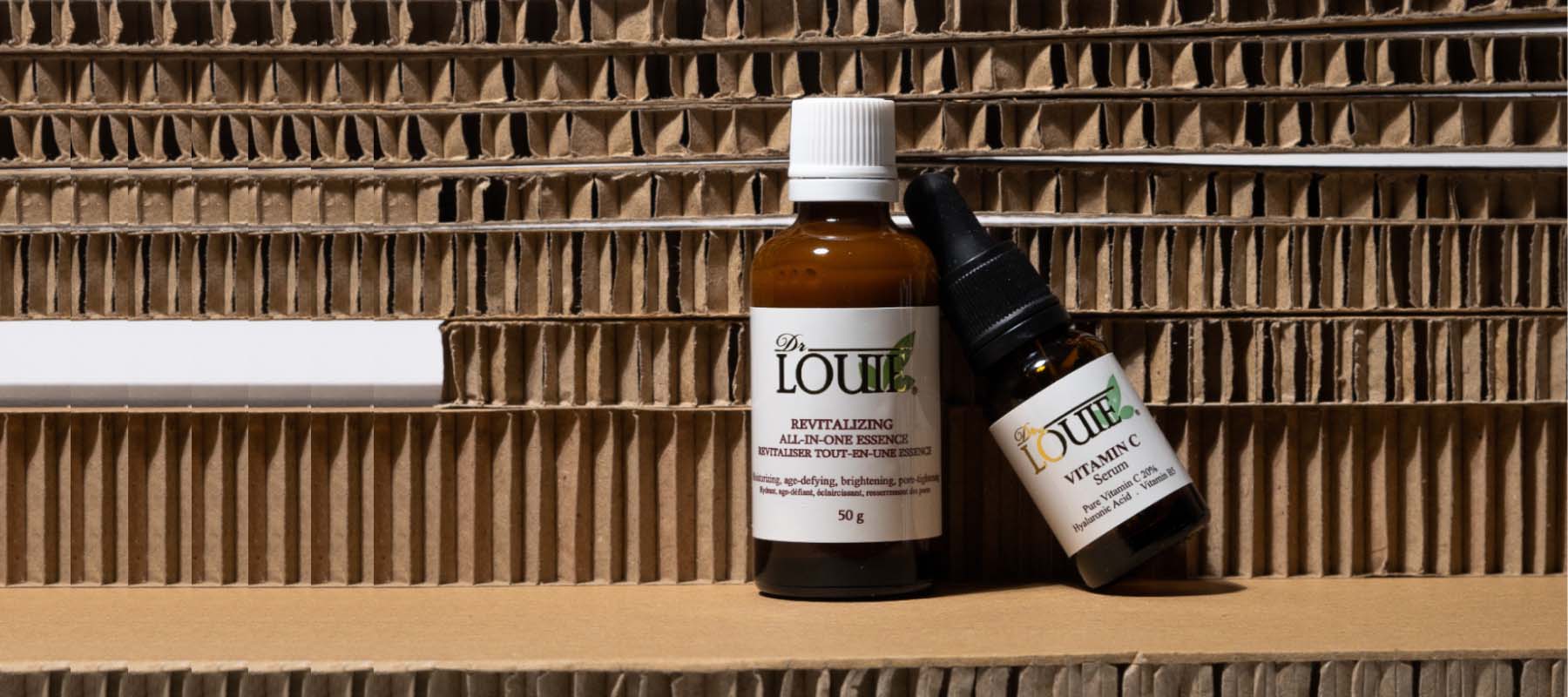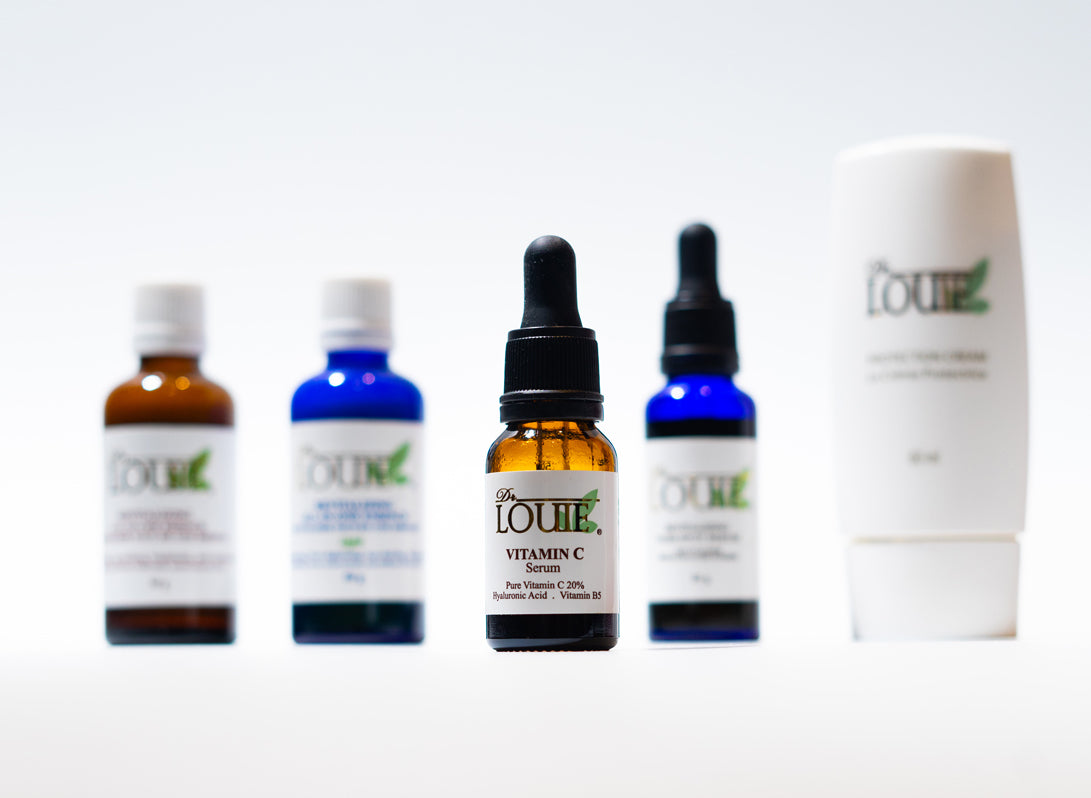
Why Vitamin C is an essential active to include in anti-aging skincare regime
Quick Links:
About our skin
What does Vitamin C do for our skin?
How can we increase the level of Vitamin C in our skin?
What kind of Vitamin C should we be using
Our skin is the largest organ in the body with many functions. The most important function of our skin is to offer a protective barrier between the external environment and the tissues in our body against pathogens, UVs, mechanical and chemical threats. And because it is the outermost layer of our body, it is constantly in contact with the external environment and therefore suffers more degradation than most of the other organs. Furthermore, it is where we first witness the signs of aging.

Our skin is composed of three main layers: epidermis, the outer layer, and dermis, the inner layer, and subcutaneous layer. For this post, we’re going to focus on epidermis and dermis.
Epidermis is responsible for providing the protective barrier while the inner dermal layer is responsible for ensuring that your skin is firm and elastic.
Healthy skin contains a high level of Vitamin C, which plays a vital role in the health of our skin, in both epidermis and dermis.
What exactly does Vitamin C do for our skin?
1) Disposes of toxic oxidants as a potent antioxidant
This is a well-known function of Vitamin C. As mentioned earlier, our skin is under constant stress from environmental, mechanical, and chemical stress. Oxidative stress from environmental pollutants, UV rays, smoking, and other oxidants that exceeds the capacity of our skin’s antioxidant defense system can lead to chronic inflammation, damage to skin cells, and collagen fragmentation, contributing to skin aging. Vitamin C can effectively neutralize and remove these oxidants, protecting our skin against oxidative stress and premature skin aging.
2) Promotes collagen formation
 What is collagen? Collagen is a protein that helps skin cells stick to one another and makes them stronger and more elastic. But collagen production decreases with age, which contributes to wrinkles and skin sagging. Thankfully, a number of studies have shown that Vitamin C plays an important role in producing collagen: in many studies, the synthesis of collagen has decreased when Vitamin C is absent. As such, Vitamin C, which helps promote the production of collagen, is essential in an anti-aging skincare routine.
What is collagen? Collagen is a protein that helps skin cells stick to one another and makes them stronger and more elastic. But collagen production decreases with age, which contributes to wrinkles and skin sagging. Thankfully, a number of studies have shown that Vitamin C plays an important role in producing collagen: in many studies, the synthesis of collagen has decreased when Vitamin C is absent. As such, Vitamin C, which helps promote the production of collagen, is essential in an anti-aging skincare routine.
3) Decreases production of melanin

We’ve all heard of melanin. But what exactly is it? Melanin is a natural skin pigment that is present in hair, skin, etc, made by special skin cells called melanocytes. Melanin buildup in some areas causes darkening of the skin, which is known as hyperpigmentation. Vitamin C helps decrease the production of melanin by interfering with the tyrosinase action, which is the enzyme responsible for the first step in creating melanin, thereby contributing to fading of hyperpigmentation.
4) Helps with dry skin
Our skin can become dry due to weather, medication, illness or etc. And oftentimes, it is caused by loss of skin barrier lipids and natural moisturizing factor (NMF). And when our skin becomes dry, our skin barrier function can be compromised and become slow in repairing any insult from environmental attacks. However, studies have shown that Vitamin C promotes the production of barrier lipids, thus helping alleviate dry skin.
Now that we understand what Vitamin C does for our skin, let’s take a look at how we can increase the level of Vitamin C in our dermis and epidermis layers.
How can we increase the level of Vitamin C in our skin?
There are many ways to ensure that we get more Vitamin C to our inner dermal layer and epidermal layer.
Our inner dermal layer functions can be supported by dietary nutrients. Studies have shown that increased intake of fruits and vegetables helps replenish Vitamin C in the inner dermal layer.
But how about the skin’s outer layer, epidermal layer? The epidermal layer lacks blood vessels that can carry nutrients to cells, so it has a difficult time getting enough nutrients and Vitamin C. As such, dietary nutrients are not easily able to reach the outermost layer. So applying nutrients directly to the outermost layer is important.
This is especially the case for aged or photodamaged skin. Several studies have indicated that Vitamin C levels are lower in this type of skin. It is possibly due to the excessive exposure to oxidant stress from environmental pollutants or UV rays, which deplete the Vitamin C in the epidermal layer. To ensure that our epidermal layer is protected against environmental pollutants, UV rays, or other oxidative stress, and to enjoy all of those benefits mentioned above, there are a couple of things we can do:
- Limit exposure to environmental risk factors, such as smoking, direct and chronic exposure to UV rays, which cause premature skin aging.
- Increase nutritional intake of vitamin c by increasing intake of vegetables and fruits, which would support dermal layer functions.
- Apply vitamin c on the skin to support epidermal layer functions.
Then what kind of Vitamin C should we be using?
Vitamin C is a water-soluble molecule that is often repelled by the physical barrier on the epidermal layer. However, Vitamin C in the form of ascorbic acid at a pH level below 4, as in our Vitamin C Serum and Dark Spot Serum, makes penetration possible to deliver much-needed Vitamin C.
A note of caution though.
Because our skin is naturally at pH level of 5.2~5.7, some people might find Vitamin C at such low pH level irritating to the skin.
To avoid irritation, you can try putting a small amount first on your face in low frequency first and gradually increase amount and frequency as tolerated. Once Vitamin C is tolerated by the skin, you can increase frequency and amount.
Vitamin C serums with a high concentration and low pH level, such as our Vitamin C Serum, will ensure optimal absorption and maximum benefits.
Another important thing to look for when selecting a vitamin c serum is the ingredients combined. Typically, vitamin c is said to work well with other potent antioxidants, such as EmblicaTM, as is used in our Vitamin C Serum, or Vitamin E and ferulic acid. These enhance the antioxidant effects of Vitamin C.
If you have specific skin concerns, such as dry, mature skin or sensitive skin, it is important to look for other ingredients that work in synergy to protect the skin against irritation and dehydration.
For example, panthenol, also known as vitamin B5, is known as an excellent moisturizer and very effective in reducing irritation while improving skin barrier function. Used together with ascorbic acid, it soothes and regenerates irritated skin.
For dry and mature skin, ingredients such as water-loving hyaluronic acid, aloe vera or CoQ10 along with ascorbic acid will help to keep the skin moisturized and supple.
Lastly, how do we incorporate Vitamin C in our anti-aging routine?
You can use Vitamin C serum both night and day. But Vitamin C is photosensitive, so it should be used in conjunction with broad-spectrum UVA/UVB coverage.
If you are using our All-in-One Essence day and night, you can incorporate Vitamin C in a couple of ways:
- Use Vitamin C before OR after applying All-in-One Essence.
- Mix Vitamin C with All-in-One Essence for quick boost of antioxidants.
If it is layered under a broad-spectrum sunscreen with a minimum of SPF 30, such as our Protection Cream, your vitamin c serum can protect the skin even further by offsetting free radical damage caused by the sun.
For more information, please send us an email at info@drlouie.ca.
